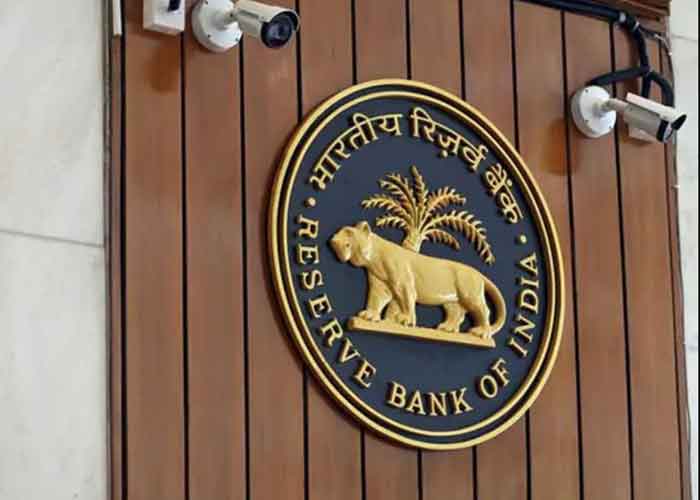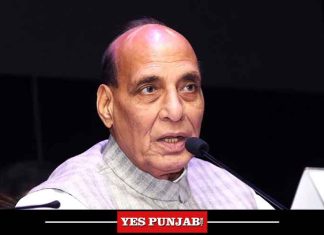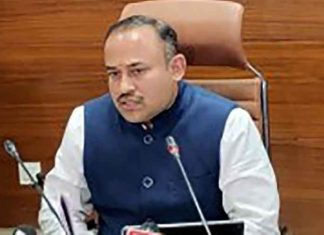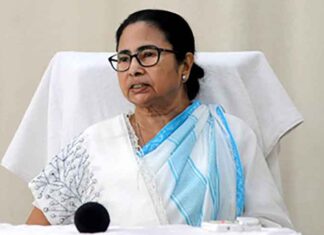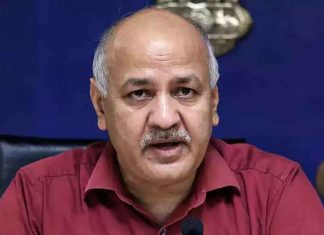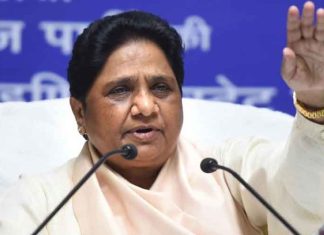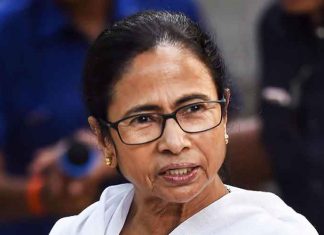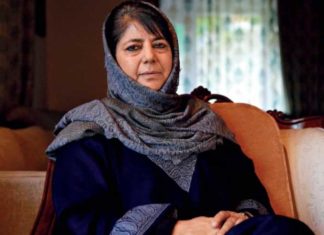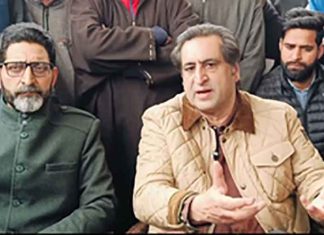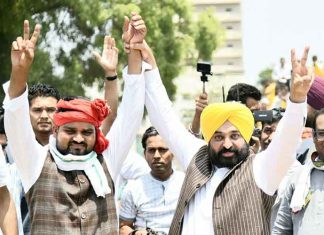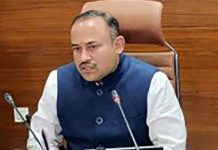Mumbai, May 22, 2020-
To mitigate the combined impact of demand compression and supply-side disruption on account of Covid-19 pandemic from depressing economic activity, the Reserve Bank on Friday reduced lending rates and extended the moratorium period for interest payments on term loans.
The Monetary Policy Committee (MPC) of the central bank, in an unscheduled meet, reduced the repo rate by 40 basis points to 4 per cent from 4.40 per cent.
Consequently, the reverse repo rate has automatically been reduced to 3.35 per cent from 3.75 per cent.
Apart from the MPC’s rate cut, the apex bank announced other major decisions keeping in mind the devastating economic impact of the Covid-19 pandemic.
In one such decision, the Reserve Bank extended the moratorium on interest payments on all term loans for another three months.
The RBI also allowed for repayment of accumulated interest on account of the moratorium through FY21.
Furthermore, it has decided to increase the group exposure limit to 30 per cent from the current 25 per cent of the eligible capital base of a bank in view of the pandemic.
The increased limit will be applicable up to June 30, 2021.
Besides, the Reserve Bank extended a credit line of Rs 15,000 crore to the Export-Import (EXIM) Bank of India.
Making the announcements through an online address, RBI Governor Shaktikanta Das said the macroeconomic impact of the pandemic is turning out to be more severe than thought.
“The MPC is of the view that that the macroeconomic impact of the pandemic is turning out to be more severe than initially anticipated.”
“Beyond the destruction of economic and financial activity, livelihood and health are severely affected. Judging that the risks to growth are acute, while the risks to inflation are likely to be short-lived, the MPC believes that it is essential now to instil confidence and ease financial conditions further.
“This will facilitate the flow of funds at affordable rates and rekindle investment impulses.”
Besides, he cited that high frequency indicators point to a collapse in demand beginning in March 2020 across both urban and rural segments.
“Electricity and petroleum products consumption – indicators of day to day demand – have plunged into steep declines. The double whammy in terms of losses of both demand and production has, in turn, taken its toll on fiscal revenues,” the RBI Governor said.
“Investment demand has been virtually halted by a decline of 36 per cent in the production of capital goods in March, which was coincident with a contraction of 27 per cent in imports of capital goods in March and 57.5 per cent in April.”
According to him, the biggest blow from Covid-19 has been to private consumption, which accounts for about 60 per cent of domestic demand.
Resultantly, India’s GDP growth rate for the financial year 2020-21 is likely to be in the negative territory.
Das dded that if the inflation trajectory evolves as expected, more space will open up to address the risks to growth.
The RBI’s MPC is of the view that headline inflation may remain firm in the first half of 2020-21, but should ease in the second half, aided also by favourable base effects.
On March 27, RBI had slashed the repo rate by 75 basis points to 4.40 per cent from 5.15 per cent to help the economy fight the Covid-19 pandemic.
Simultaneously, the reverse repo rate was cut by 90 basis points to 4 per cent from 4.90 per cent to ensure that banks don’t passively park funds with the RBI and start lending to the productive sectors of the economy.
In April, the RBI further reduced the reverse repo rate by 25 basis points to 3.75 per cent.
“It is encouraging to note that acting in lockstep with the government, RBI decided to cut repo rate by 40 basis points in order to provide the necessary impetus to growth which is expected to turn negative this fiscal,” Chandrajit Banerjee, Director General, CII, was quoted as saying in a statement.
“The RBI Governor also said that evidence on transmission of rate cuts by banks to customers will be shared. Together with the slew of measures announced to alleviate the stress in financial markets, foreign trade and state government borrowings, it is heartening to note that the central bank once again proactively intervened with a bouquet of prudent steps.”
Another industry body, Ficci’s President Sangita Reddy said: “Besides the cut in the repo rate, we are happy to note that RBI has extended the period for moratorium on loan and interest payments by another three months till August 2020.”
“While the extension of the moratorium period to six months is a positive move, Ficci is also happy to note that RBI has allowed accumulated interest over the moratorium period to be converted into a ‘Funded Interest Term Loan’.”
According to Assocham’s Secretary General Deepak Sood: “Reduction in interest rates is a great relief, but a new phenomenon is visible. Along with the risk aversion by the banks to lend, even the borrowers are apprehensive about increasing debts on their balance sheets in the face of a grave economic situation.”
“The downside risks to the economy are getting sharper, as recognised by the RBI MPC. Under such circumstances, restructuring of debts on a wider scale and a willingness to share the grave consequences of the global pandemic are essential.” (Agency)
For YesPunjab updates on TELEGRAM, download TELEGRAM and CLICK HERE TO SUBSCRIBE



